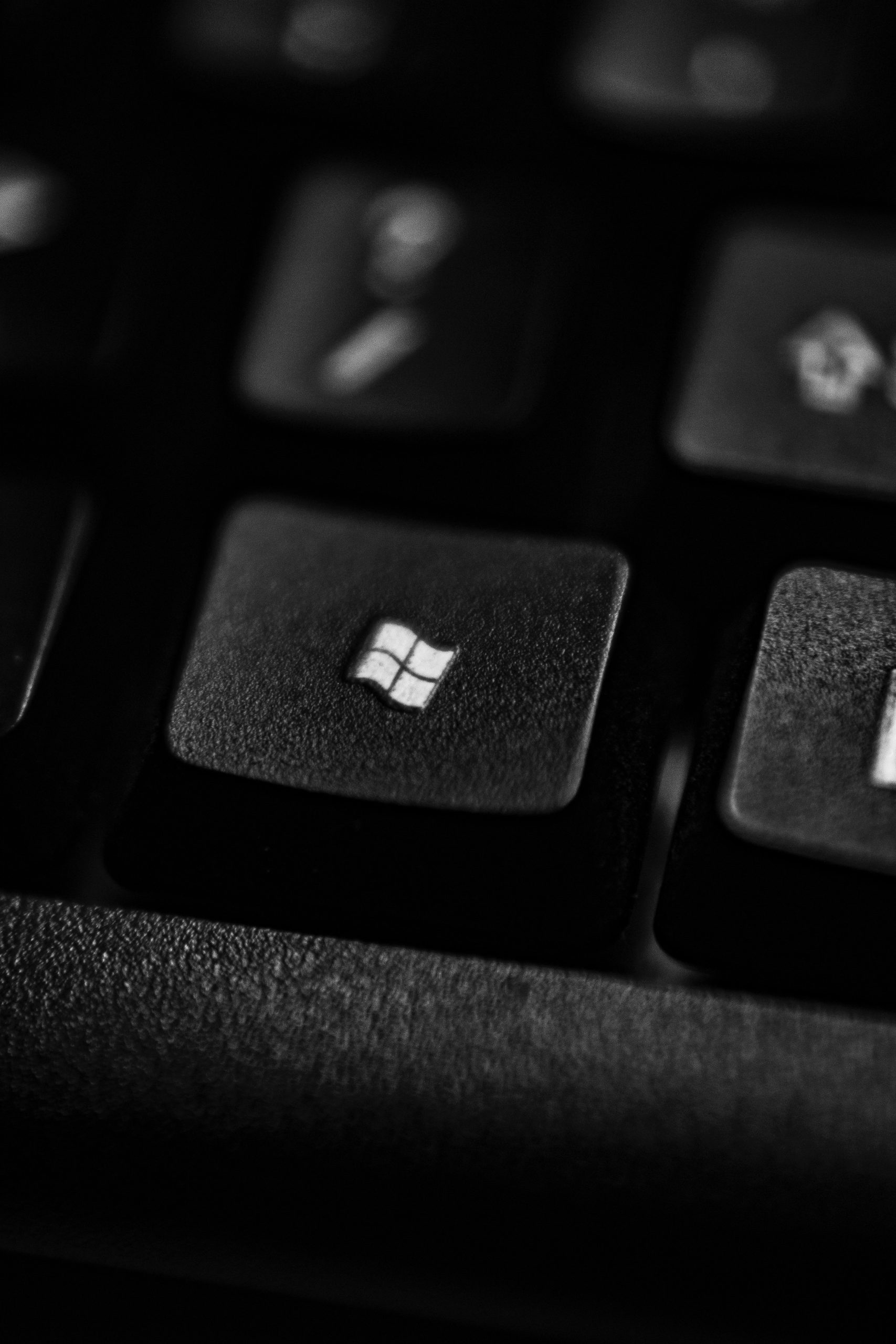Brussels, Belgium – In a surprising turn of events, the European Union (EU) has given the green light to Microsoft’s proposed acquisition of Activision, a move that goes against the decision made by the United Kingdom (UK) to block the deal. The EU’s decision has sparked a heated debate among industry experts and raised questions about the divergent regulatory approaches within Europe.
The UK’s Competition and Markets Authority (CMA) had previously expressed concerns over the acquisition, citing potential anti-competitive effects and fears that it would stifle innovation in the gaming industry. Despite these reservations, the EU’s antitrust regulators have decided to clear the deal, stating that they found no evidence of substantial harm to competition in the European market.
The differing outcomes between the UK and the EU have led to speculation about the future of regulatory cooperation post-Brexit. With the UK having officially left the EU, the two entities now operate under separate jurisdictions, allowing for distinct decision-making processes. This case has brought attention to the challenges of harmonizing competition laws across borders and highlights potential disparities in their application.
Critics argue that the EU’s decision may give Microsoft too much power in the gaming industry, particularly in the realm of intellectual property rights and exclusivity agreements. They express concerns that this could lead to fewer choices for consumers and less competition in the market, potentially driving up prices and hindering smaller developers from entering the market.
Supporters of the EU’s decision, on the other hand, contend that the acquisition could bring benefits such as increased resources and expertise for Activision, allowing for the development of more innovative and immersive gaming experiences. They argue that the deal would not significantly alter the competitive landscape and that the EU’s thorough analysis and rigorous review process justify their clearance of the acquisition.
This clash between regulatory authorities also raises questions about the need for stronger international cooperation in dealing with global mergers and acquisitions. As multinational corporations continue to expand their influence across borders, ensuring effective oversight becomes increasingly challenging.
In light of these developments, industry experts predict that the Microsoft-Activision deal will face heightened scrutiny from other regulatory bodies around the world. As the gaming industry continues to grow and evolve, regulatory agencies will be closely monitoring acquisitions to strike a balance between fostering competition and allowing companies to achieve their strategic objectives.
As the EU and the UK navigate their post-Brexit relationship, this decision sets a precedent for future cases and emphasizes the importance of robust and transparent antitrust processes. The implications of this deal, which extends beyond national borders, will undoubtedly shape the gaming industry’s landscape in the years to come.
Disclaimer: The views expressed in this article are those of the author and do not necessarily reflect the official stance of any regulatory body or organization mentioned.




